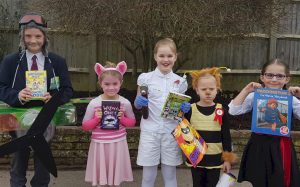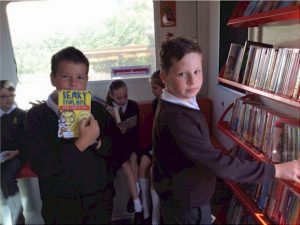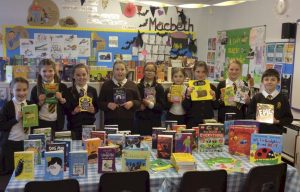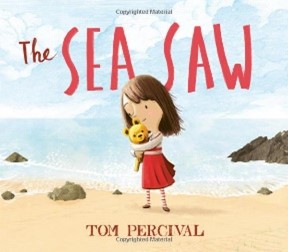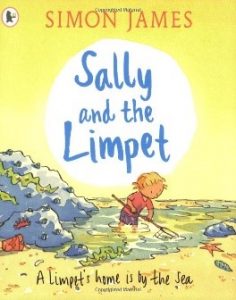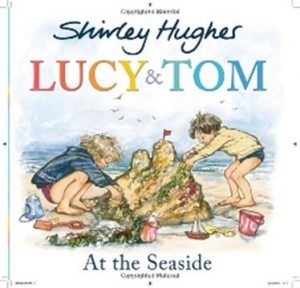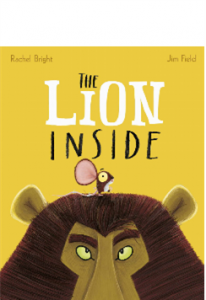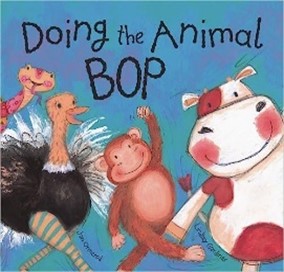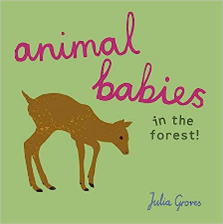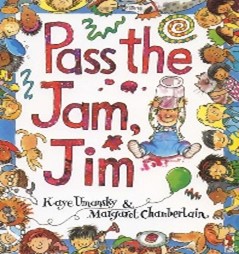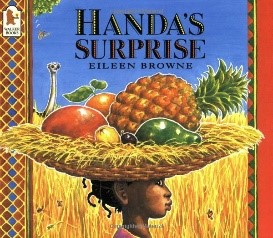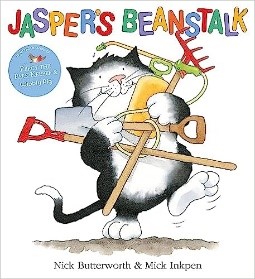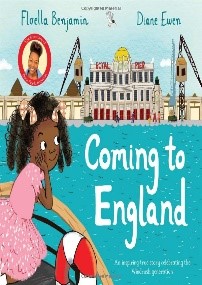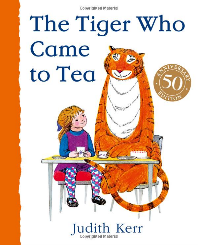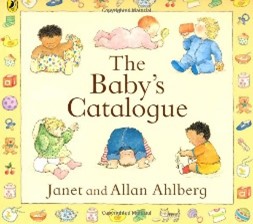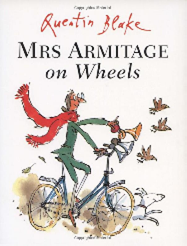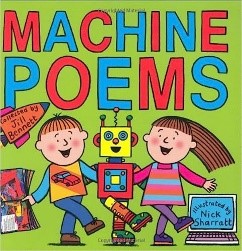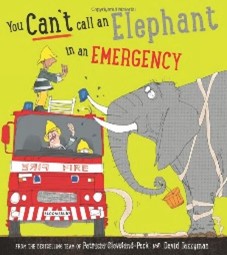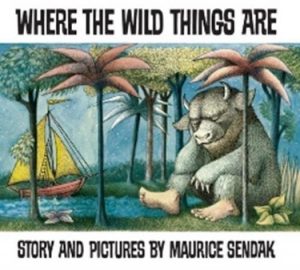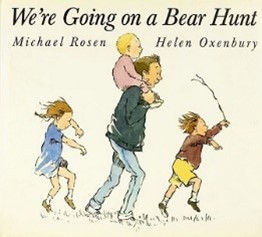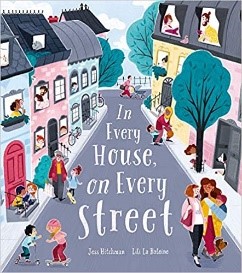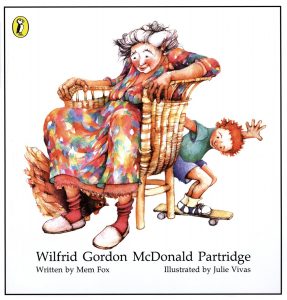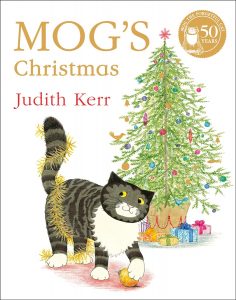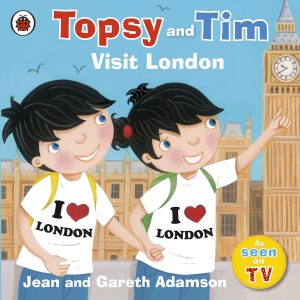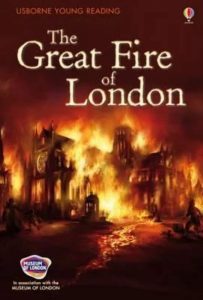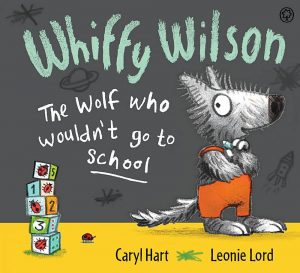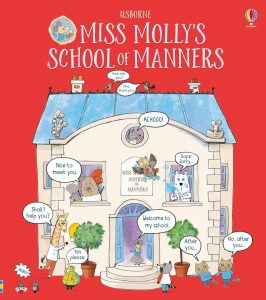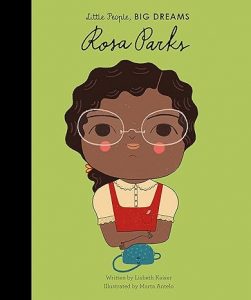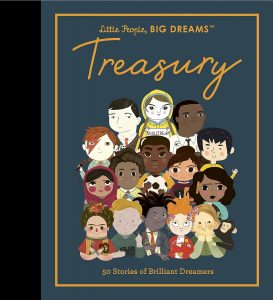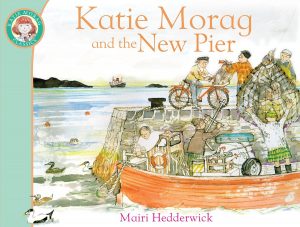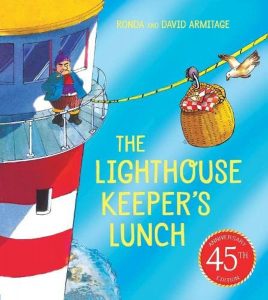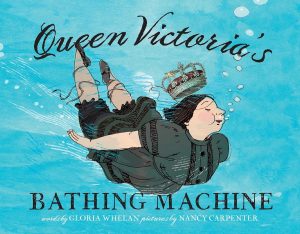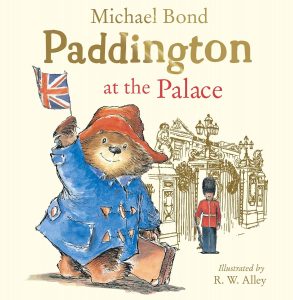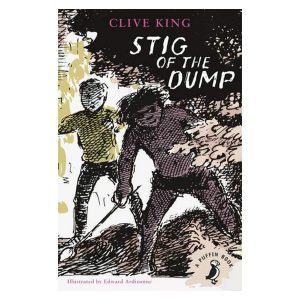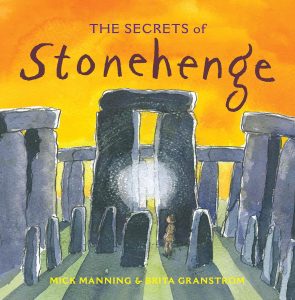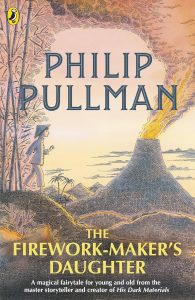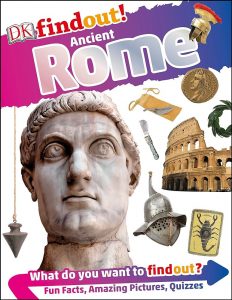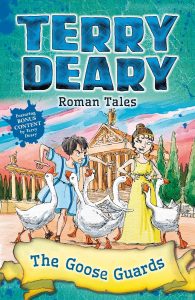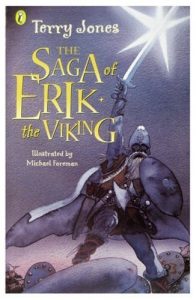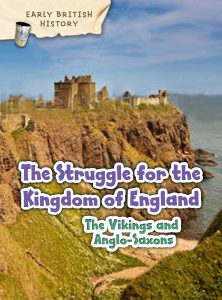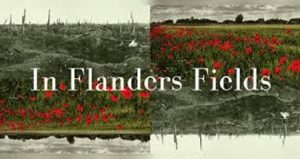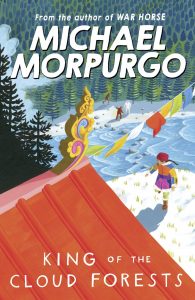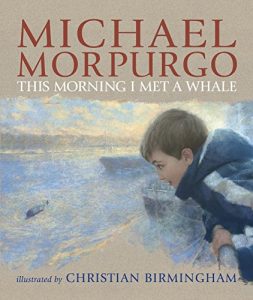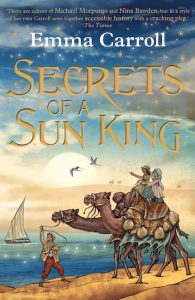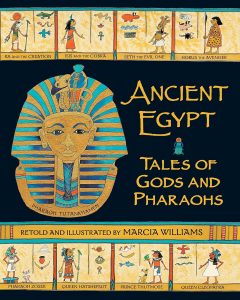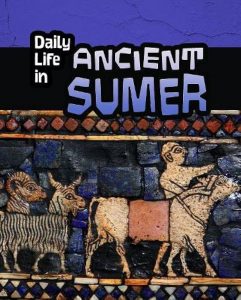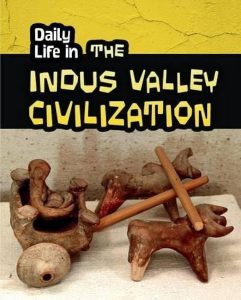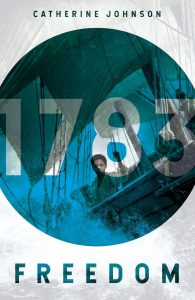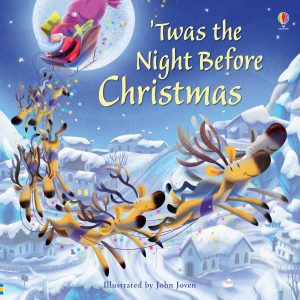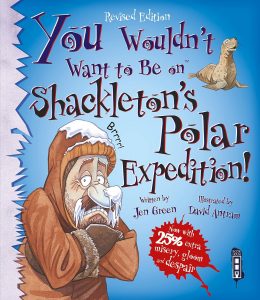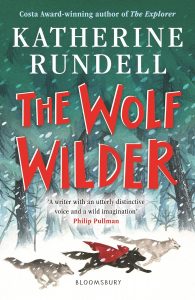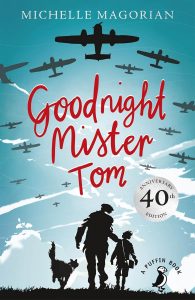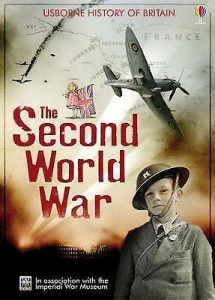
 English sits at the heart of our curriculum. It is through talking, reading, writing and vocabulary acquisition that children learn to communicate ideas, express themselves deeply and to understand the world in which they live. When our children leave Sandhurst, we want them to continue to aim high and to read for enjoyment, having had access to a wide range of text types, genres and authors to challenge them and to make informed opinions about their favourites. At Sandhurst, we place reading at the centre of our curriculum because we believe that it is the foundation of every child’s learning and the pathway to gaining the knowledge that leads to lifelong love and enjoyment of books.
English sits at the heart of our curriculum. It is through talking, reading, writing and vocabulary acquisition that children learn to communicate ideas, express themselves deeply and to understand the world in which they live. When our children leave Sandhurst, we want them to continue to aim high and to read for enjoyment, having had access to a wide range of text types, genres and authors to challenge them and to make informed opinions about their favourites. At Sandhurst, we place reading at the centre of our curriculum because we believe that it is the foundation of every child’s learning and the pathway to gaining the knowledge that leads to lifelong love and enjoyment of books.
We want children to develop their own individual flair, confidence and accuracy and to know that we write for a variety of purposes and audiences. We aim to expose our children to a wide range of vocabulary so that they able to decipher new words and then challenge themselves to use them knowledgably in a variety of ways to communicate with others. At Sandhurst, we know that writing is an important skill for life needed for communicating with others in different ways including: letter writing, stories, poetry and sharing information. Therefore, it is our aim is that every child will leave Sandhurst as a confident, happy and skilled writer by delivering a clear and progressive writing curriculum, which is underpinned by strong oracy, collaborative learning, reading skills, effective spelling and grammar teaching and fosters and enjoyment and love of reading and writing.
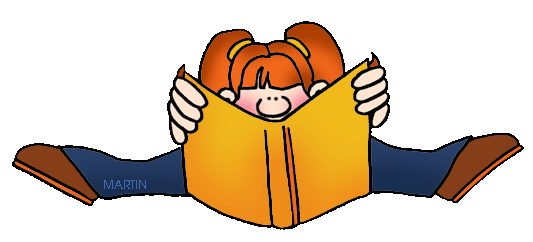 English sits at the heart of our curriculum. It is through talking, reading, writing and vocabulary acquisition that children learn to communicate ideas, express themselves deeply and to understand the world in which they live. When our children leave Sandhurst, we want them to continue to aim high and to read for enjoyment, having had access to a wide range of text types, genres and authors to challenge them and to make informed opinions about their favourites. At Sandhurst, we place reading at the centre of our curriculum because we believe that it is the foundation of every child’s learning and the pathway to gaining the knowledge that leads to lifelong love and enjoyment of books.
English sits at the heart of our curriculum. It is through talking, reading, writing and vocabulary acquisition that children learn to communicate ideas, express themselves deeply and to understand the world in which they live. When our children leave Sandhurst, we want them to continue to aim high and to read for enjoyment, having had access to a wide range of text types, genres and authors to challenge them and to make informed opinions about their favourites. At Sandhurst, we place reading at the centre of our curriculum because we believe that it is the foundation of every child’s learning and the pathway to gaining the knowledge that leads to lifelong love and enjoyment of books.
Accelerated Reader
When children have successfully completed the phonics program, they select books at their level using the Accelerated Reader program (ZPD). The Accelerated Reader (A.R.) program supports their independence in selecting books that are appropriately pitched to promote fluency and comprehension skills at exactly the right level. This is achieved through termly assessments using accelerated reader and children completing star reader quizzes. Using Accelerated Reader also helps to secure the very best progress from each and every child, whilst still allowing plenty of choice and autonomy is being able to select books that appeal to their individual interests. Children have access to a range of beautiful books in our library which have all been cross- referenced in accordance with the corresponding ZPD.
Whole-Class Reading
All children participate in Whole-Class Reading lessons, in addition to their whole-class and story-time sessions. These lessons are focused around a class text or appropriately chosen text that links with the pupil learning in a topic area. A wide range of genres including poetry and non-fiction are also used to extend the learning.
Please view our whole school reading text map.
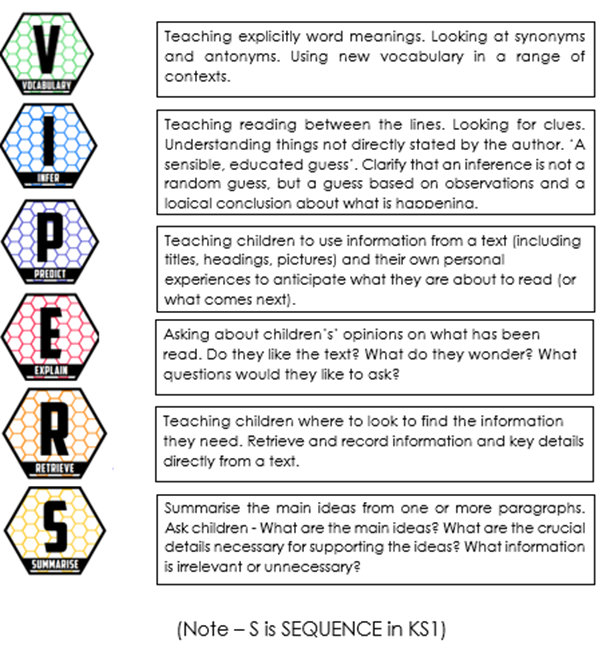 As a school, we use VIPERS as a structure during our reading lessons. This ensures that all children are working towards the same learning objective at the same time. Children who find reading tricky are able to ‘keep up’ rather than ‘catch up’, as the texts used are modelled by the class teacher before completing the related task. The lessons are structured to enable the children to develop their reading skills. Clear links with pupil writing, speaking and listening is also fostered and developed.
As a school, we use VIPERS as a structure during our reading lessons. This ensures that all children are working towards the same learning objective at the same time. Children who find reading tricky are able to ‘keep up’ rather than ‘catch up’, as the texts used are modelled by the class teacher before completing the related task. The lessons are structured to enable the children to develop their reading skills. Clear links with pupil writing, speaking and listening is also fostered and developed.
Reading at Home
We recognise children need constant practice to become established, fluent readers and therefore place a strong emphasis on reading at home in addition to school. All children, from EYFS to Year 6, are expected to read regularly over the week and record their reading in a reading record book. Parents are encouraged to support children in this. Teaching staff monitor children’s reading habits and book choices, working with parents to inspire our pupils to become great readers. The school promotes and celebrates reading at home through our “Read and Discover” scheme. Children and parents record children’s home reading in their reading diaries and when a child reaches ten consecutive reads, they receive a reward.
| Number of reads | Reward |
| First 10 consecutive reads | Bronze award |
| Next 10 consecutive reads | Silver award |
| Next 10 consecutive reads | Gold award |
| Next 10 Consecutive reads | Raffle ticket (entered into the end of term draw for the chance to buy a brand-new book of choice) |
| Read every day for one whole term | Platinum award and entered into a prize draw for the chance to win £30.00 to spend on books at the end of the school year. |
In parallel with this, we celebrate children’s reading through sharing stories, partner classes, assemblies, Summer Reading Challenge, awards and World Book Day.
Reading for Pleasure and Purpose
We are striving to become a reading school where all children and adults read for pleasure and can share in the joy of books. Dedicated slots in the timetable have been allocated for this to occur over the week. Furthermore, we promote the concept of reading for purpose. We understand that in order to develop the greatest level of comprehension, we need to provide plentiful opportunities for children to approach reading with a purposeful appreciation. To support both reading for pleasure and purpose, we ensure our library is well stocked, which includes fiction, non-fiction, poetry, magazines, newspapers. In addition, our year 6 children are paired as reading buddies for our EYFS children.
Storytime
At Sandhurst Primary school, we passionately believe in the “magic of Storytime.” Stories provide shared contexts for rich, natural language development from a very young age, and throughout the primary years. The 'magic' lies in the way stories potentially engage children's hearts and minds, as people and as thinkers, with issues that are relevant, real and important to them. Therefore, children receive a dedicated story time for twenty minute every day.
Our curriculum provides opportunities to see what knowledge children have retained and what skills they have mastered through clear curriculum endpoints (as detailed on our sequential reading curriculum) which help teachers to make judgments about each child’s progress and attainment. Our phonics programme has a rigorous 6-weekly assessment schedule. Using Accelerated reader, pupils are assessed on a termly basis and take Star Reader quizzes after each book read. This progress is tracked and monitored by class Teachers. We also conduct three formative assessments throughout the year for Reading comprehension in addition to the year 2 and 6 statutory assessments.
Aspirations for the future
We want our pupils to develop a love for reading and as a result remind them, if they continue to aim high, as a historian, they could become an editor, a writer, an actor or a presenter and many other exciting professions!
Nightingale
Term 1
Term 2
Term 3
Term 4
Term 5
Term 6
Darwin
Term 1
Term 2
Term 3
Term 4
Term 5
Term 6
Pankhurst
Term 1
Term 2
Term 3
Term 4
Term 5
Term 6
Shakespeare
Term 1
Term 2
Term 3
Term 4
Term 5
Term 6
Churchill
Term 1
Term 2
Term 3
Term 4
Term 5
Term 6
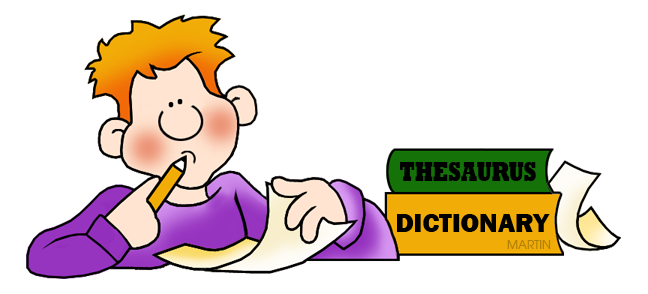 English sits at the heart of our curriculum. It is through talking, reading, writing and vocabulary acquisition that children learn to communicate ideas, express themselves deeply and to understand the world in which they live.
English sits at the heart of our curriculum. It is through talking, reading, writing and vocabulary acquisition that children learn to communicate ideas, express themselves deeply and to understand the world in which they live.
We want children to develop their own individual flair, confidence and accuracy and to know that we write for a variety of purposes and audiences. We aim to expose our children to a wide range of vocabulary so that they able to decipher new words and then challenge themselves to use them knowledgably in a variety of ways to communicate with others. At Sandhurst, we know that writing is an important skill for life needed for communicating with others in different ways including: letter writing, stories, poetry and sharing information. Therefore, it is our aim is that every child will leave Sandhurst as a confident, happy and skilled writer by delivering a clear and progressive writing curriculum, which is underpinned by strong oracy, collaborative learning, reading skills, effective spelling and grammar teaching and fosters and enjoyment and love of reading and writing.
At Sandhurst a clearly structured and developed writing curriculum, that spans other subject areas, enables children to write for different audiences and purposes.
Please see our sequential writing curriculum across the whole school.
Writing begins in EYFS, where the environment provides opportunities for children to mark make using a variety of medium and stimuli. We ensure that pupils are ready to write by promoting a range of activities that support gross and fine motors skills. RWI introduces children to the process of segmenting words into sequential sounds, both orally and then through developing grapheme phoneme correspondence for children to be skilled in word writing. In Key Stage 1, children are taught the skills of writing through oracy, modelling, shared writing and discussion. This supports them to build the structure of a text and transition towards writing independently in the chosen genre. In Key Stage 2, children write in various genres for a range of purposes. They analyse the model text and unpick the grammatical features and organisation, to apply these in their own writing. In addition, discreet Grammar, punctuation and spelling lessons are taught.
Throughout all year groups, we teach writing through engaging and challenging topic-based texts. This supports them in the application of vocabulary and structure. Children are given termly enrichment opportunities to promote and inspire writing of a high quality across the curriculum.
Emphasis is placed on the modelling of writing and the crafting of sentences by teachers. This always enables pupils to see high quality writing, which in turn enables them to become independent writers. Throughout the session, intentional monitoring allows pupils to receive timely and immediate feedback on their writing progression as they develop their “Big Write” extended piece at least fortnightly.
Spelling
Our spelling curriculum follows on from the Read Write Inc Programme taught in Reception and Year 1, developing the children’s understanding of the rules of spelling and the common exception words required in each year group. Children in Years 2-6 receive a spelling lesson at the start of the spelling week where they are systematically taught the spelling rules and requirements (as described on our sequential writing curriculum) before embedding them throughout the week.
Handwriting
Children in EYFS practise letter formation as part of their daily phonics. Print is taught in EYFS, and this is carried on into the start of year 1, before cursive is then introduced during Year 1. From Year 2 onwards, cursive writing is secured, along with mastering techniques for joining and fluency.
In Key Stage 2, children continue to work on joining, legibility and writing at length, receiving a pen license when they can fluently write in a neat, cursive style throughout the curriculum. Handwriting progress is celebrated across the school through handwriting awards. Formal teaching of handwriting is carried out regularly the number of lessons slowly decrease as with repeated practise children’s automaticity improves.
Our curriculum provides opportunities to see what knowledge children have retained and what skills they have mastered through clear curriculum endpoints (as detailed in our sequential writing curriculum) which helps teachers to make judgments about each child’s progress and attainment. At the end of each term, children will complete an assessment piece of writing. As a school, we conduct internal moderations, as well as external moderations with our collaboration schools. We also have three formative assessment points across the year. Furthermore, learning of specific spellings is consolidated further as part of weekly home learning, as children use the Sumdog platform to practise learning carefully constructed word lists – an end of week review aims to capture their progress and support with planning any next steps.
Aspirations for the future
We want our pupils to develop a love for writing and as a result remind them, if they continue to aim high, as a writer, they could become an author, a poet, a journalist, an editor, a court transcript writer, a song writer, a screen play writer, a blogger, a marketing executive, a teacher and many other exciting professions!

Cornerstones Curriculum
We provide a creative curriculum based around the Cornerstones Curriculum, a nationally recognised approach for delivering outstanding learning opportunities for children.
What is the Cornerstones Curriculum?
The Cornerstones Curriculum is a creative and thematic approach to learning that is mapped to the Primary National Curriculum to ensure comprehensive coverage of national expectations. Our new curriculum will be delivered through Imaginative Learning Projects (ILPs) which will provide a rich menu of exciting and motivating learning activities that make creative links between all aspects of our children’s learning.
We believe children learn better when they are encouraged to use their imagination and apply their learning to engaging contexts. Our new curriculum will provide lots of learning challenges throughout the academic year that will require children to solve problems, apply themselves creatively and express their knowledge and understanding effectively across the curriculum.
Cornerstones also provide a rigorous essential skills framework that outlines the end of year expectations in all subjects. These essential skills are tied to activities and are age related so that staff can track children’s progress and identify their individual learning needs.
How it Works?
Children will progress through four stages of learning in each ILP – Engage, Develop, Innovate and Express. To find out more about these stages please click on the link through to Cornerstones website:
https://cornerstoneseducation.co.uk/why-cornerstones/
Please find downloadable PDF versions of the Information available for the English Curriculum.
Cornerstones - English Curriculum Overview
